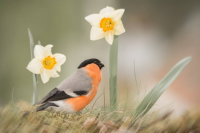1、 Curing method
1. Temperature: Dolan is warm, but different varieties have different requirements for temperature. Generally speaking, it is suitable for all varieties to keep it at 15 to 25 degrees. Its cold resistance is not very good, not less than 10 degrees. In addition, it is not resistant to high temperature and cannot exceed 30 degrees
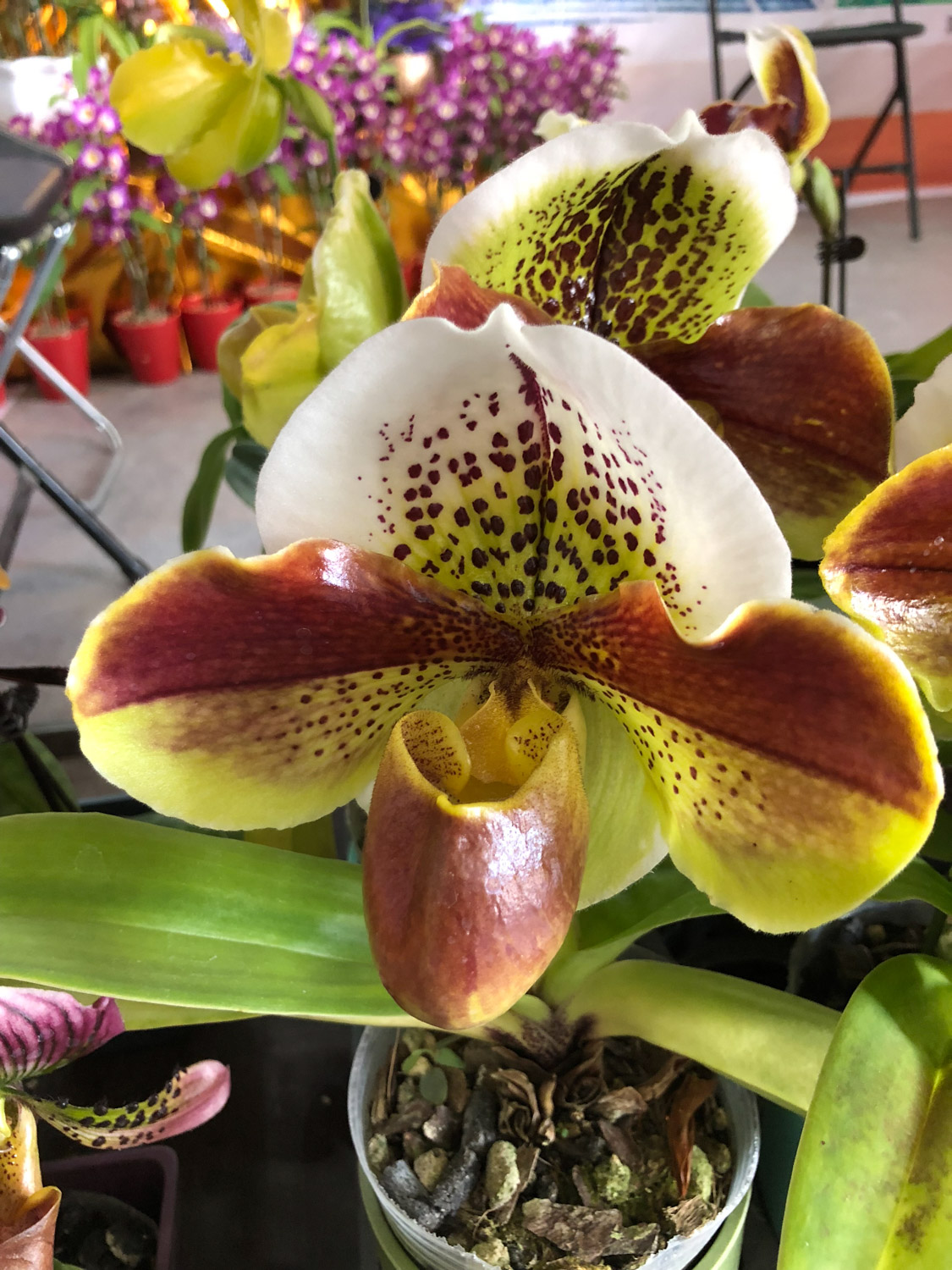
2. Light: Paphiopedilum doesn't like strong light, but it can't be completely dark. In its growing season, it is more suitable to put it in the semi shade, and a little astigmatism can meet its requirements. In winter when the light is not too strong, you can not shade and put it in a place with sufficient light
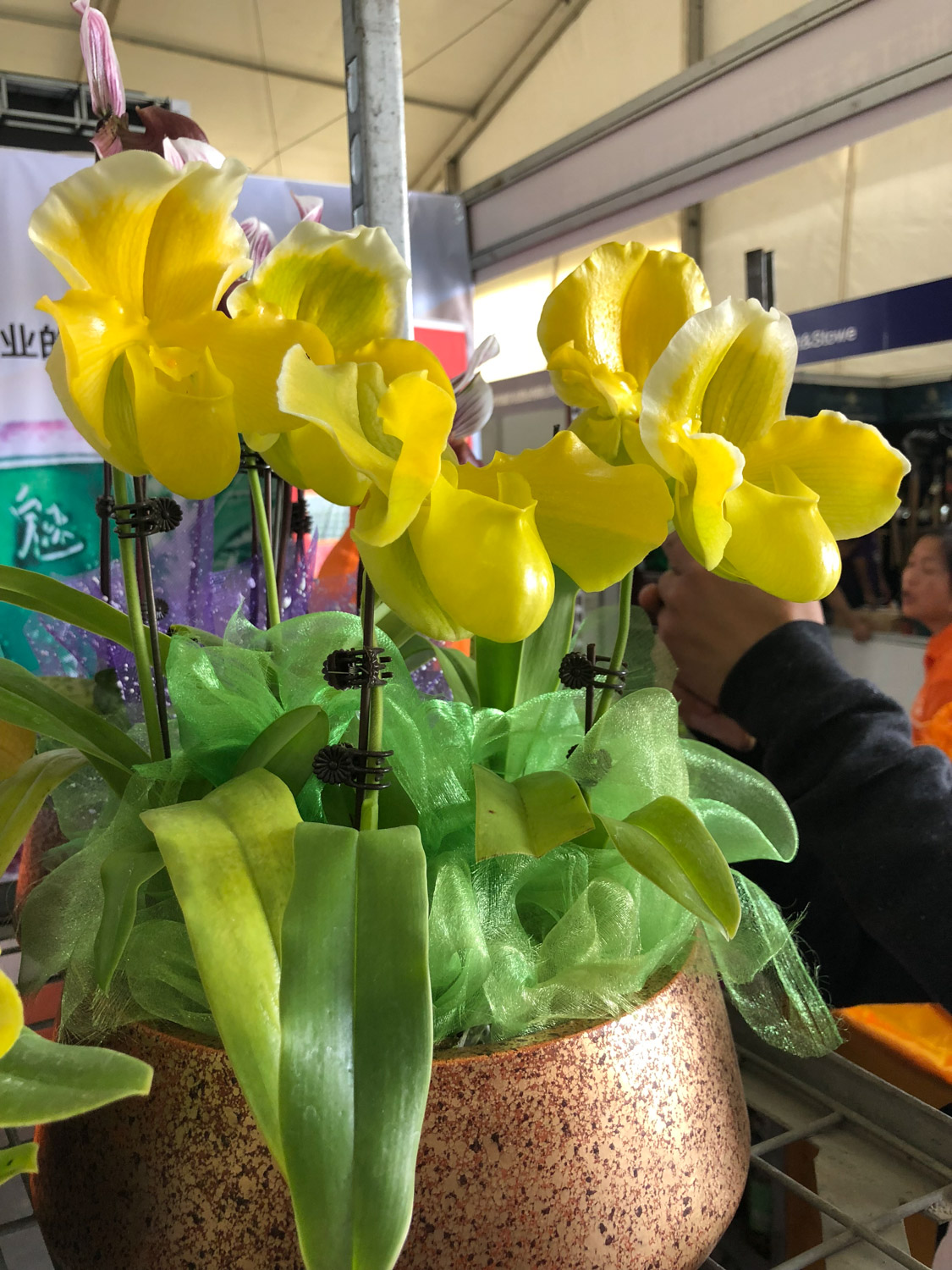
3. Watering: Doulan likes a humid environment. During growth, it is necessary to supplement enough water. Generally speaking, it takes two or three days to supplement in spring and autumn. In summer, it needs to be replenished in time. Generally, it has to be watered once a day. In winter, do not pour more water to keep the soil not completely dry
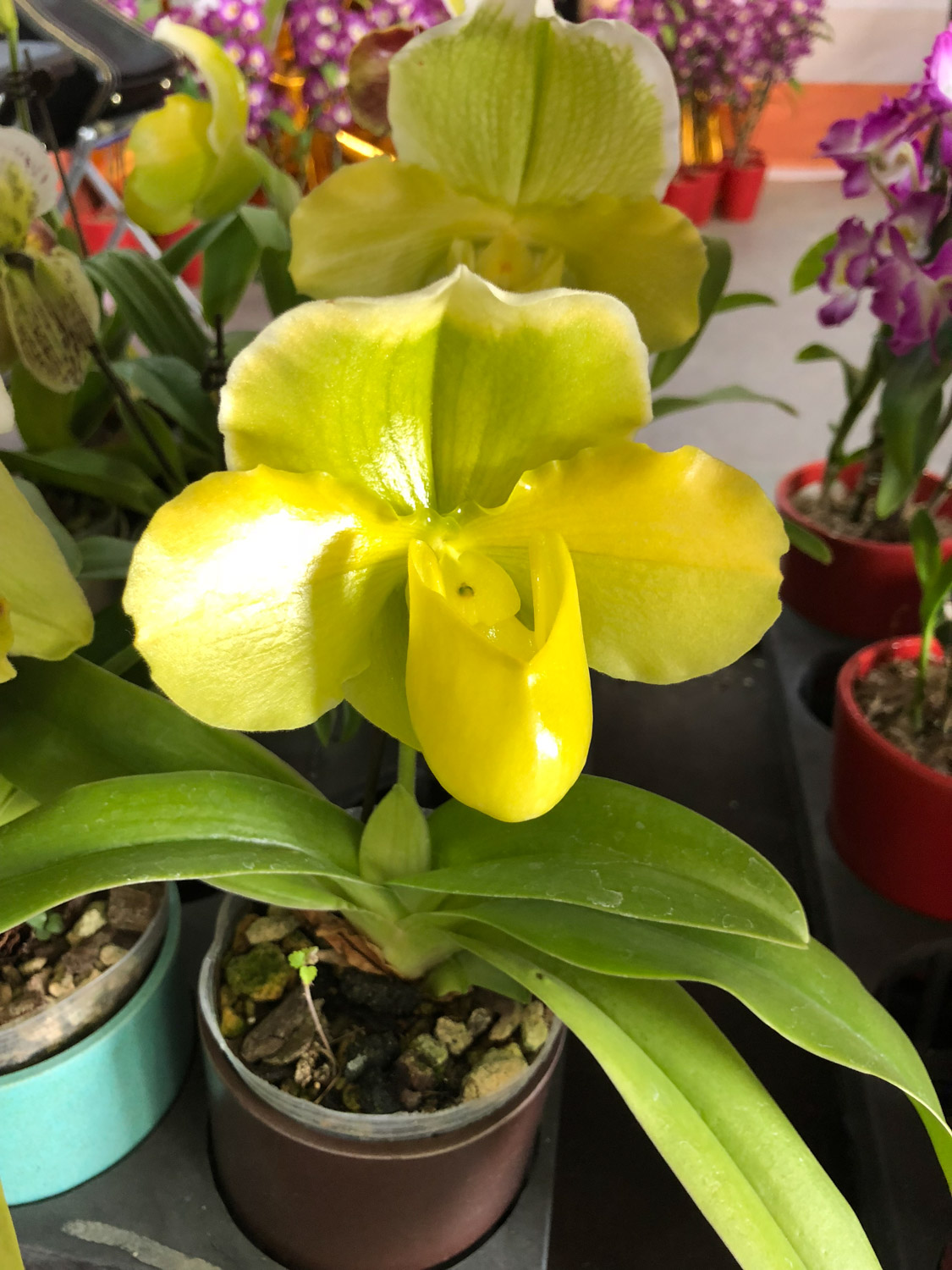
4. Fertilization: it can be applied once every half a month in spring and autumn, and the effect of compound fertilizer is good. Generally, fertilization is not needed in summer and winter
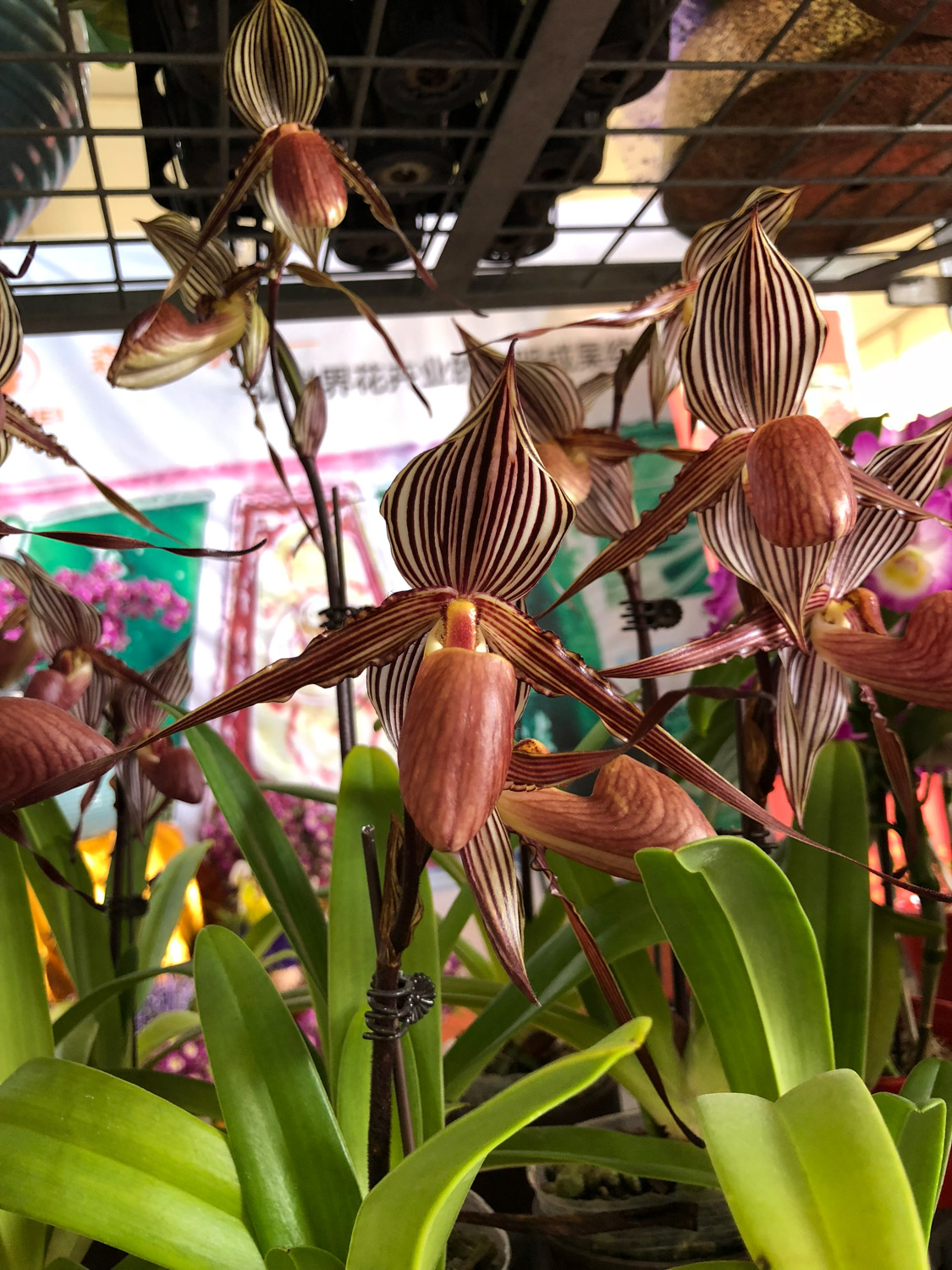
2、 Breeding skills
1. Reproduction: the way of ramet is often used. A robust plant with six leaf clusters was selected as the mother plant. Ramets can be carried out during the dormancy period of the plant. After removing the mother plant from the pot, remove the matrix at the root system to avoid damaging the tender root system. Divide the plant into three parts with a knife and other tools, and then plant them separately. After planting, put it in a cool and slightly humid place
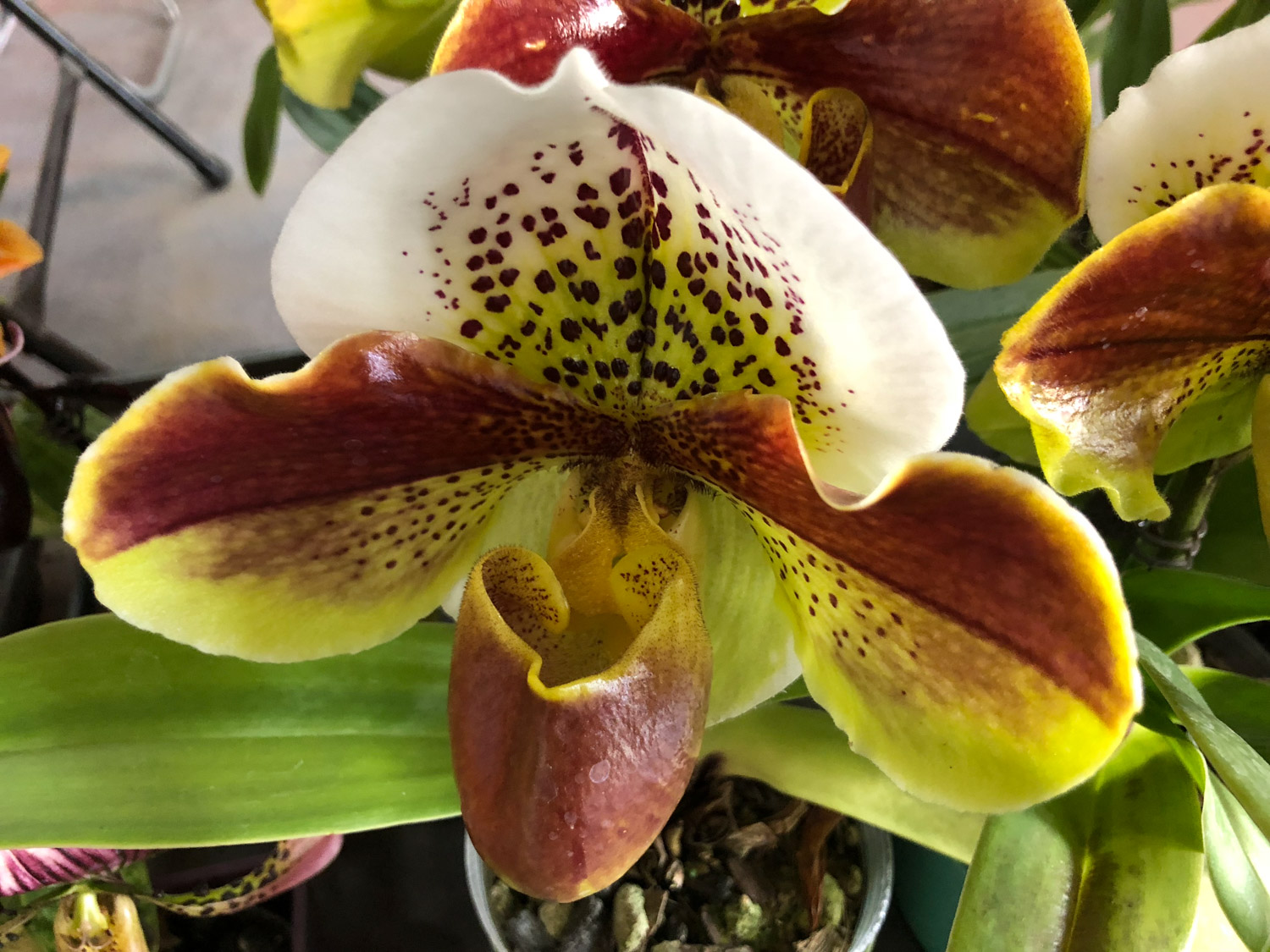
2. Change basin: try to change it once a year. It can be carried out in April and may or together with ramet propagation. It is necessary to select fertile, loose soil with pH between 6 and 6.5, such as rotten leaf soil plus sand, vermiculite, etc. After changing the basin, also put it in a cool place
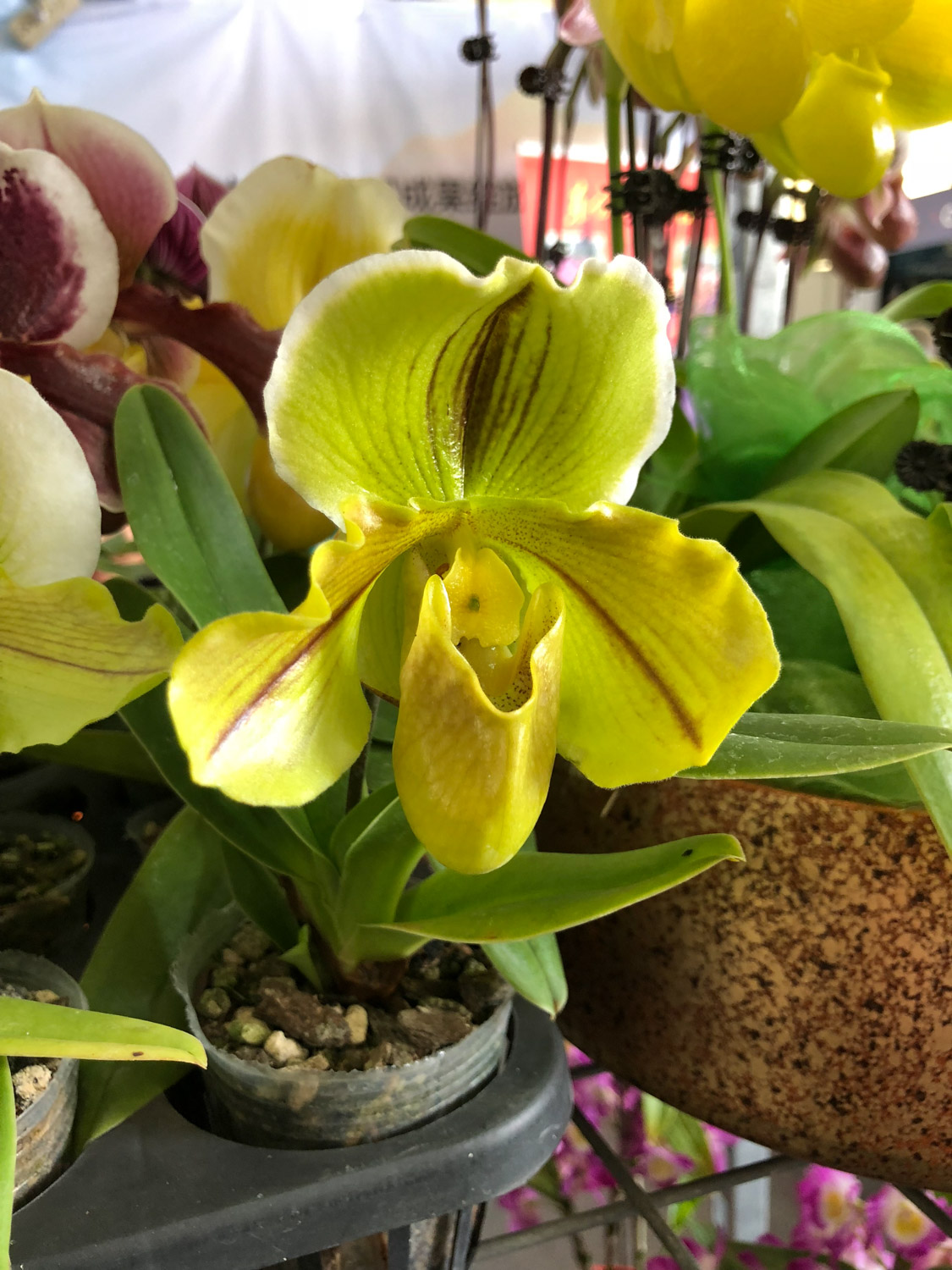
3、 Diagnosis and treatment problems
1. Diseases: diseases that may harm leaves, such as "leaf blight". These diseases occur more frequently in summer. It can be treated with chlorothalonil or carbendazim. At the same time, ventilation is also required in time
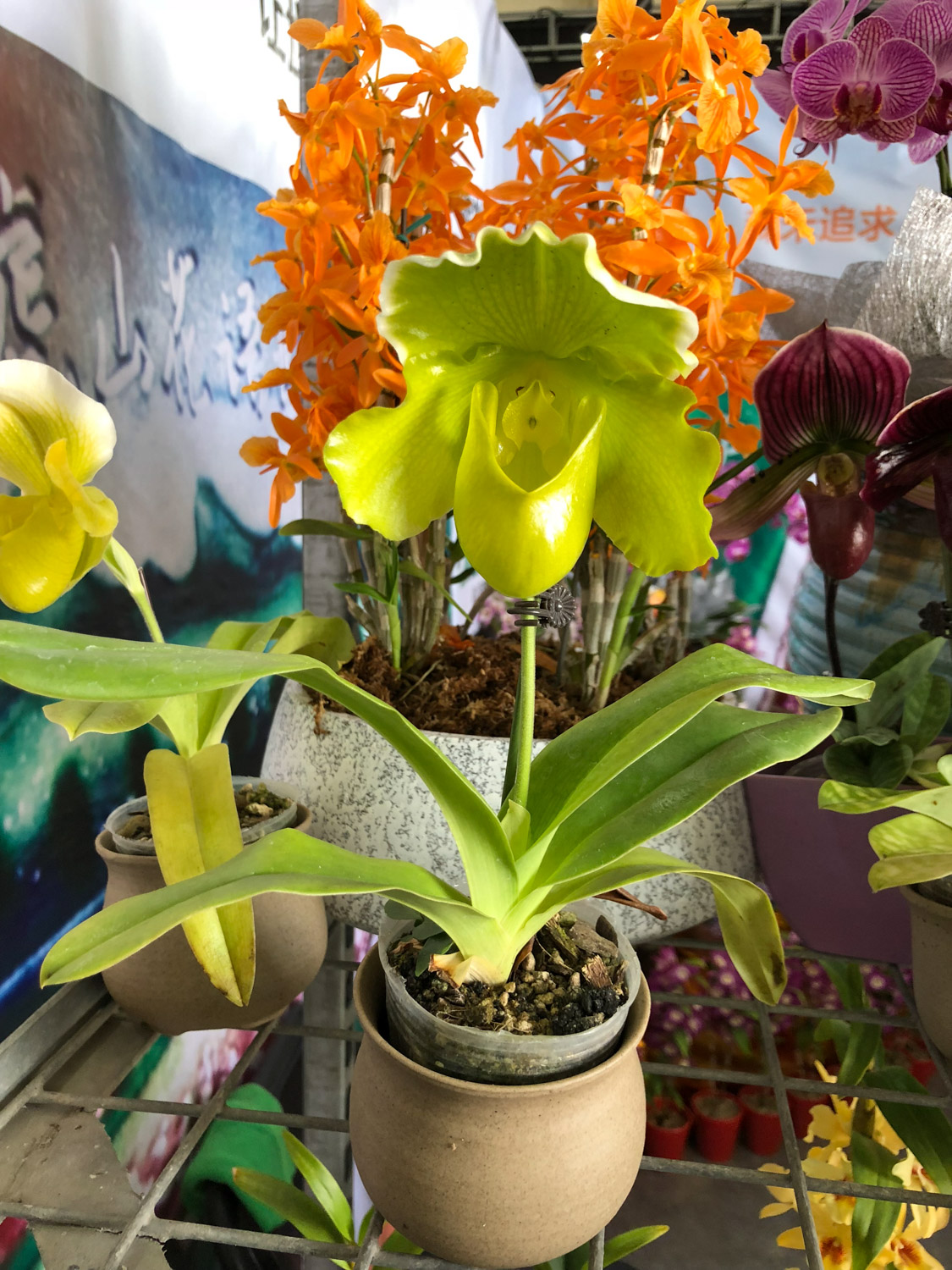
2. Insect pests: in winter, if placed indoors and not ventilated, there may be "scale insects". They can be removed with the help of tools such as brushes, but pesticides are needed when the quantity is very large

4、 Other issues
1. Flower language: its flower language is "beauty" and "diligence and Thrift"

2. Whether it is more suitable to raise at home. Because it is highly ornamental and has good moral


 jackfruit
jackfruit snake plant
snake plant hibiscus
hibiscus hydrangea
hydrangea lavender
lavender Green roses climb al...
Green roses climb al... If you don't pay att...
If you don't pay att... Management of four g...
Management of four g...


































